Anupama Nair
www.mediaeyenews.com
I have heard my grandmother and father tell me about the advent of Cinema in India, and the greatness of actors like K.L Saigal, Surendra, Ashok Kumar, Yusuf Khan (Dilip Saab), Raj Kapoor and many others. I had the fortune of watching vintage classic movies like Saigal’s “Devdas”, Surendra’s “Anmol Ghadi” with “Mallika e Tarannum” Noor Jehan and Ashok Kumar’s “Kismet” and “Achoot Kanya”, and” Andaz”, “Devdas” and many hits of Dilip Saab. Though I was born in the 70s the classic Black & White movies were my favourite era. I used to wait for Thursday evening in Doordarshan to watch Black & White movies. Now the Sadabahar Channel is my favourite showing movie of the Bygone era. With great regret, I am forced to say “guzra hua zamana kabhi nahi ayega dubara”. The movies of today are just nonsense with no theme, music etc. Compare the voice of KL Saigal, Surendra, Rafi, Kishore Kumar, Manna Dey, Hemant Kumar, Talat Mehmood, Noor Jehan, Suraiya, Lata Mangeshkar and today’s music, Do I need to say more. Today I am taking you on a journey to the early years of Indian Cinema when Dilip Saab ruled the silver screen. Today 7th July is a sad day for me as the last of the Golden Era, passed away, leaving behind a legacy of great classic movies. He was 98.
Mohammed Yusuf Khan (11 December 1922 – 7 July 2021), known professionally and popularly as Dilip Kumar, was an Indian actor, producer and philanthropist born in Peshawar in British India. He was popularly known as “Tragedy King” and also was the first Khan in Bollywood. The great Satyajit Ray once described him as "the ultimate method actor". He was one of the twelve children of Lala Ghulam Sarwar Khan and his wife Ayesha Begum. His father was a fruit merchant who owned orchards in Peshawar, and later in Deolali near Nashik. Raj Kapoor, the legendary actor was his childhood friend and later a colleague in the film industry.
He was a legend –” who had a great rise from the son of a horticulturist, to a canteen contractor and then evergreen superstar, the favourite of all generations. The course of his life changed when he went to Pune to work as a canteen contractor in 1940. In 1943, he met the great legendary actress Devika Rani, who was also the owner of Bombay Talkies. She offered him a role in a film, but his father refused to allow him to act. It is said it was Prithviraj Kapoor (father of Raj Kapoor), who persuaded his father to allow him to act in films. Devika Rani requested him to change his name to Dilip Kumar. As it is said “failure is the stepping stone to success” proved true in his case. Three films Jwar Batta (1944), Pratima (1945) and Milan (1945) flopped at the Box Office. It was Jugnu (1947), with “Mallika e Tarannum” Noor Jehan that gave him his first hit. The film in 1947, itself grossed around Rs. 50 lakh.
Soon, mega-hits like Shaheed, Mela, Shabnam made him a popular actor. However, the film Andaz in 1949 with Raj Kapoor and Nargis changed the course of his career. He played leading roles in hits like Jogan, Babul, Hulchul, Deedar, Taranna, Daag, Sangdil, Shikast, Amar, Udan Khatola, Insaniyat, Devdas, Kohinoor, Madhumati and the list goes on…It was the role in Devdas, that earned him the title “Tragedy King”. Then he starred in the blockbuster of all times “Mugal-e-Azam” with the Venus of Indian cinema Madhubala. He acted as Prince Salim in the movie. After Mugal-e-Azam he acted in Ganga Jamuna, Leader, Ram aur Shyam, Admi, Gopi, and Sagina. In the 80s and 90s, he started acting in character roles in movies like Kranti, Vidhata, Shakti, Mashal and Karma. Saudagar was his last box office hit and Quila his last film. His career spanned nearly 6 decades.
He had the privilege of acting with the top actress of the time, Noor Jehan, Nargis, Madhubala, Nimmi, Kamini Kaushal, Vyajyanti Mala and his wife Saira Banu. The Government of India honoured him with the Padma Bhushan in 1991, the Dadasaheb Phalke Award in 1994 and India's second-highest civilian award, the Padma Vibhushan in 2015 for his contributions towards Indian cinema and nominated him to Rajya Sabha, the upper house of Indian Parliament for a term. The Government of Pakistan honoured him with its highest civilian award, the Nishan-e-Imtiaz, in 1997. He had won a record of 15 Filmfare awards for Daag, Dev Das, Naya Daur, Gopi, Ram Aur Shyam, Shakti, Mashal, Sungharsh, Leader, Kohinoor, Admi, Bairag, Saudagar and Sagina. He won the Lifetime achievement award for his contributions to film in 1993.
“Dilip Kumar Ji will be remembered as a cinematic legend. He was blessed with unparalleled brilliance, due to which audiences across generations were enthralled. His passing away is a loss to our cultural world. Condolences to his family, friends and innumerable admirers. RIP,” PM Modi said in his post on Twitter. Many politicians, Bollywood actors and fans paid their tributes to actor-par excellence. Dilip Saab, you will live in our hearts forever. May your soul rest in peace.

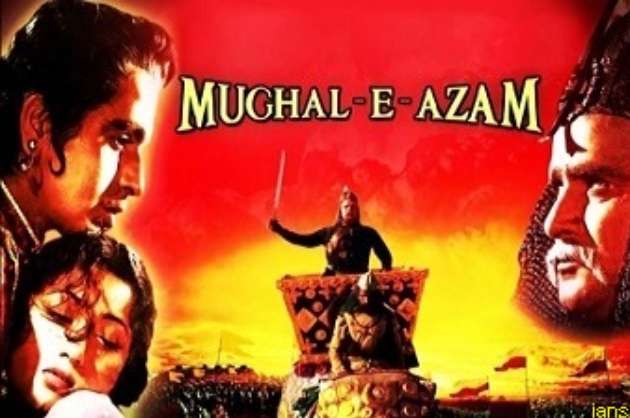
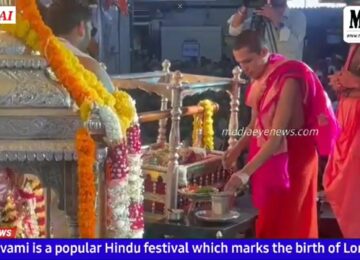
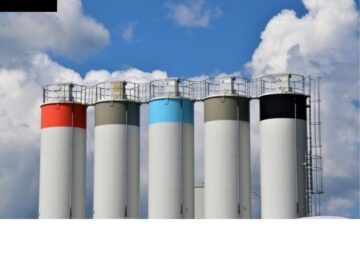
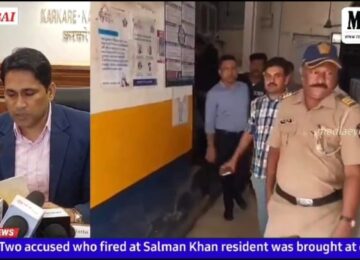

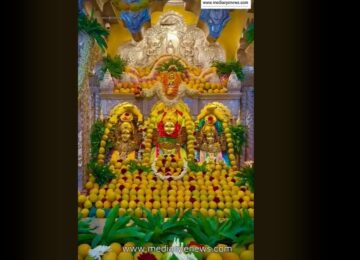















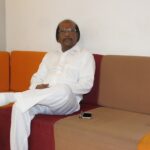


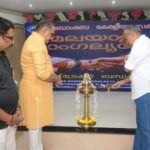
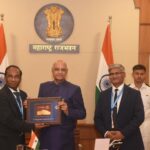

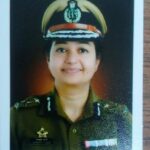
My late dad and grandpa used to love him
Great actor